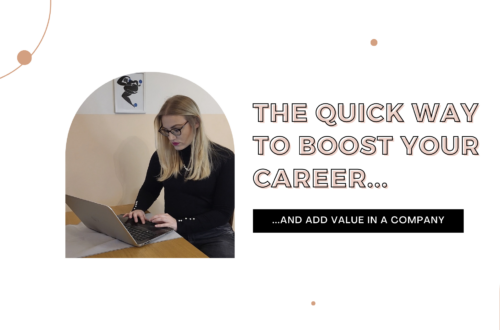
5 Tips to Becoming a Better Communicator
During a conversation It’s common for us to think and create our response while someone else is talking. Once we think of what we will say next, we keep that in our brain ready to say it as they have finished. Resulting in us not actually listening to the rest of what they have to say, and even great listeners can do this too.
This means we’ve missed part of the conversation and not actually listened to all of what they have said, we also may show that we’ve missed what they have said while formulating our reply. We might get distracted and disinterested now because we want to get out what we are thinking. I’m going to share some top tips I’ve found to show and practice active listening, a way to really engage with the other person and exercises to practice when someone else is talking to show that you’re fully engaged and to be aware of everything they say.
1. Don’t start thinking of your reply during conversation
This is tough to do, but wait until they have finished before you actually formulate and deliver your reply. This is a muscle to be exercised and takes time and practice. For what to do while in the conversation instead of thinking of your reply, read on.
2. Minimise distraction opportunities
Look directly at the speaker- don’t let your eyes wander around the room or anywhere else because once your brain catches other things to look at, you very easily might get distracted!
3. Note the speaker’s body language
How are they delivering what they’re saying to you? Are they using gestures to enhance what they’re saying? Or are they reserved? How does this show their emotions and change their delivery, and how does it affect your body language while listening?
4. Your body language
Thinking about your body language- smiling, (or facial expressions which match the tone of the conversations) nodding, agreeing/encouraging comments without interruption and open posture are all important factors to show that your listening and engaged.
5. Reflection and clarification
Reflect on what’s been said after they’ve finished. Paraphrasing parts of what they said with your own questions to confirm your understanding and allows you to formulate your reply.
Whether it’s at work or in social situations, practising these active listening exercises will help you become a better communicator. Let me know your top tips for better communication in the comments below!
Why not follow me on Instagram or Youtube to follow my journey?




